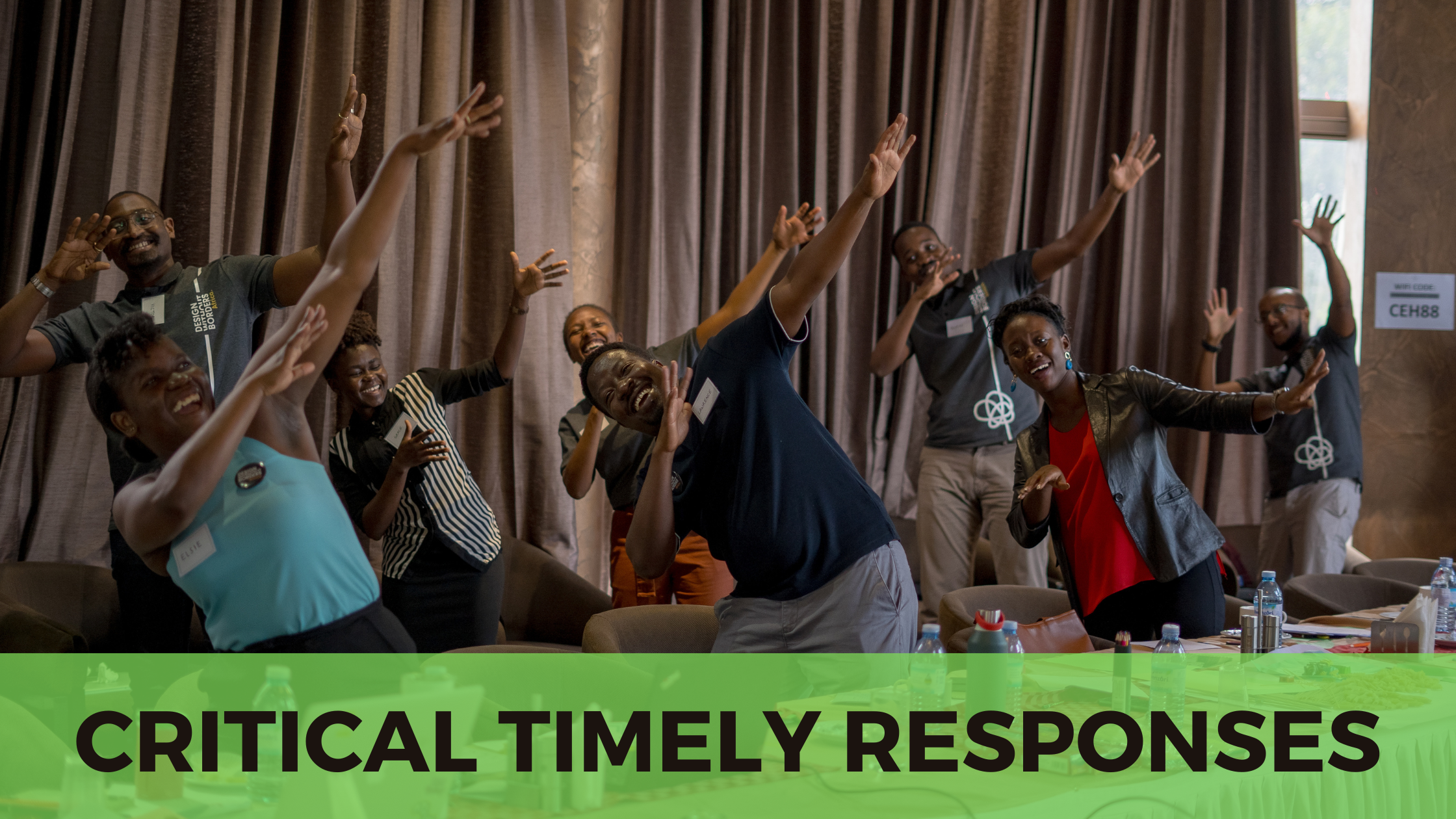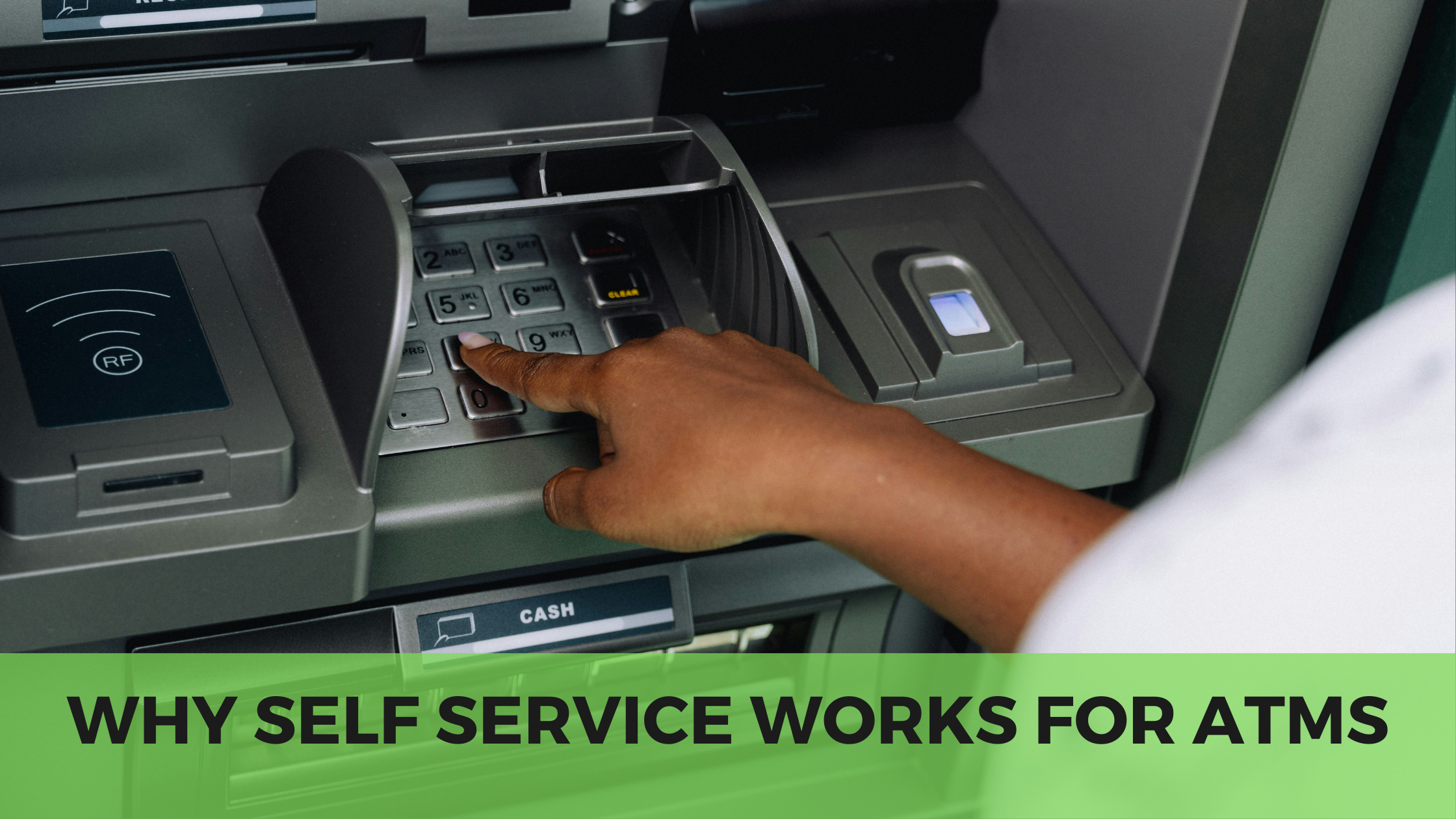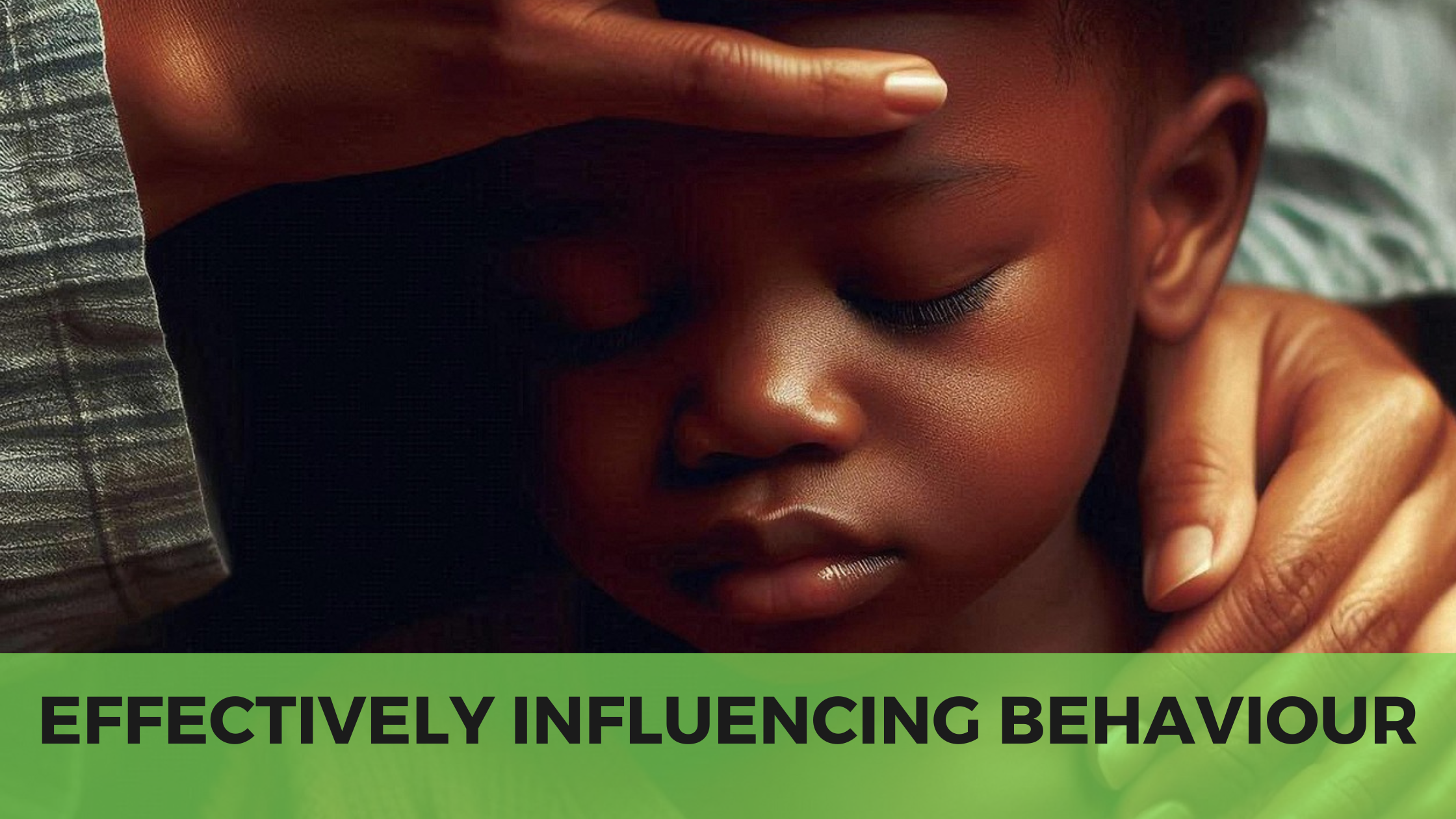Emotional intelligence matters in the workplace-everyone knows that. Yet two aspects of emotions make it hard for people to exercise their emotional intelligence. First, most people are still not completely clear about what emotions are. Second, even when we understand emotions, it can still be hard to deal with our emotional states.
To tackle the first problem: While in everyday speech, emotion and feeling are often used interchangeably, psychologists distinguish between them. Emotions are interpretations of feelings. The feelings you have emerge from your motivational system. You generally feel good when you’re succeeding at your goals and bad when you’re not. The more deeply your motivational system is engaged with a situation, the stronger your feelings. The motivational system, however, is not that well connected to the brain regions that help you to tell stories about the world.
To make sense of what you’re feeling, you use information about what’s going on around you to help you translate those feelings into emotions—emotions help to guide your actions by giving you explicit feedback on how well you are currently achieving the goals the motivational system has engaged. Often, that interpretation is easy. If you are crossing the street and suddenly have to leap out of the way of an oncoming car, it is clear that the strong negative feeling you are having is fear from nearly getting hit by the car. If a colleague compliments you on a job well done, it is obvious that the positive feeling you are having is pride. But things are not always so clear.
You might have a bad interaction with a family member before getting to work. As the day wears on, you may interpret your negative feelings as frustration with the project you’re working on rather than lingering negative affect from the events of the morning. Many people try to power through their negative feelings rather than attempting to understand them. But this is a lost opportunity.
Emotions provide valuable in-You Can’t Manage Emotions Without Knowing What They Really Are formation about the state of your motivational system. Ignoring them is like driving around lost, not only refusing to ask for directions but refusing to consult the map or the GPS—or even to look through the windshield. You will still be moving forward, but who knows where you will end up? Conversely, paying too much attention to your feelings is also bad. That’s like staring at your road atlas without ever turning on the car:
You can’t get anywhere that way. When you have negative feelings, slow down and pay some attention to what you are feeling and why you are feeling the way you are. When you find yourself stressed, anxious, or angry, take five or 10 minutes for yourself during the day. Sit alone and draw from inspiration. What I find helpful is to meditate on a scripture or listen to an encouraging song. If you are weird like me, you even take off time to read a book. Whatever you can do to help you think more clearly.
Pay attention to how those thoughts influence what you are feeling. Are there particular events that increase or decrease the intensity of those feelings? You may not completely understand the source of your feelings the first time you do this. Over time, you will become more adept at paying attention to when and where you start to feel bad. Thoughts create feelings and feelings create behaviors. Take heed.









2 thoughts on “Do You Understand Your Emotions?”
I have always received the dividends of examining why I am stressed or anxious. This has helped me face my fears after coming up with ways to solve it.
Well donr Jean Moris